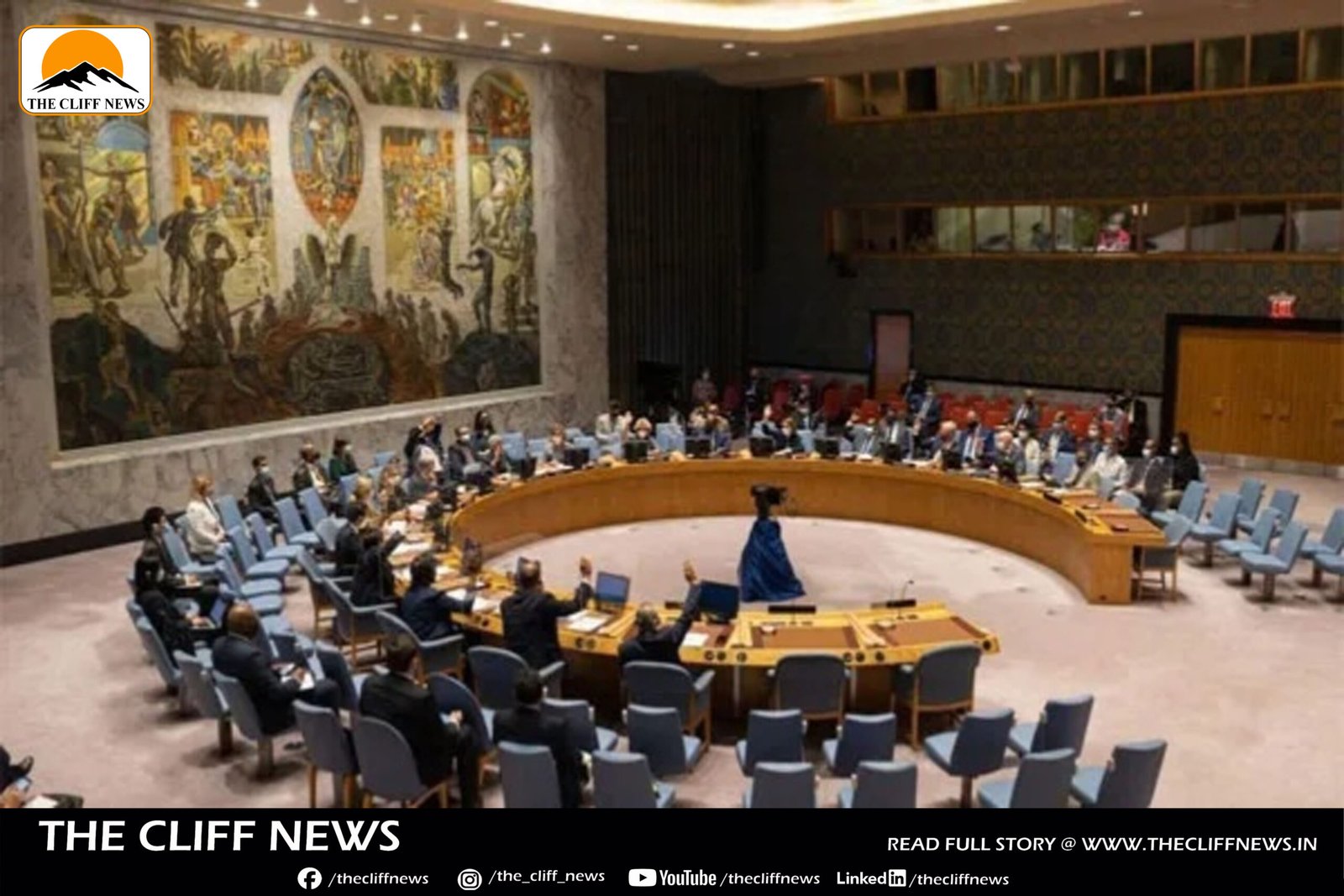The United Nations Security Council will hold a closed-door meeting on Monday, May 5, 2025, to discuss escalating tensions between India and Pakistan. The move comes in response to a formal request by Pakistan, which currently serves as a non-permanent member of the 15-nation Council. Greece, holding the rotating presidency of the Council for May, scheduled the consultations following Islamabad’s appeal.
The situation has intensified sharply following the April 22 terrorist attack in Pahalgam, Jammu and Kashmir, in which 26 civilians, including foreign tourists, were killed. India has directly blamed Pakistan-based terror outfits for orchestrating the attack. In a series of diplomatic responses, India paused the six-decade-old Indus Waters Treaty (IWT), curtailed water flow to Pakistan from key rivers, and launched extensive de-silting and maintenance operations on the Baglihar and Kishanganga dams.
Ambassador Evangelos Sekeris of Greece, who presides over the Council this month, stated that the meeting would provide an opportunity to express views and potentially ease regional tensions. He reiterated Greece’s and the Council’s condemnation of the Pahalgam terror attack and extended condolences to the victims’ families and the governments of India and Nepal.
Acknowledging that terrorism remains a central concern, Mr. Sekeris said, “We condemn terrorism in all its forms, everywhere it is happening.” He also noted that India is “far more bigger” and significant in regional dynamics, while expressing concern over mounting tensions between the nuclear-armed neighbours.
In the weeks following the attack, Indian External Affairs Minister S. Jaishankar engaged in an extensive diplomatic outreach, contacting nearly all current Council members—except China and Pakistan. He emphasized the need for accountability and international condemnation of cross-border terrorism. Jaishankar received strong support from several nations, including Greece, with which India shares a growing strategic partnership.
Pakistan’s UN envoy Ambassador Asim Iftikhar Ahmad, during a press conference last week, maintained that his country reserves the right to convene Council meetings when deemed necessary. He contextualized the recent developments as being rooted in the ongoing dispute over Jammu and Kashmir.
The closed consultations come amid heightened rhetoric, military preparedness, and diplomatic manoeuvring by both sides. The outcome of the meeting could influence international positioning on South Asia’s fragile security balance, especially in light of the suspended Indus treaty and the threat of further escalation.



